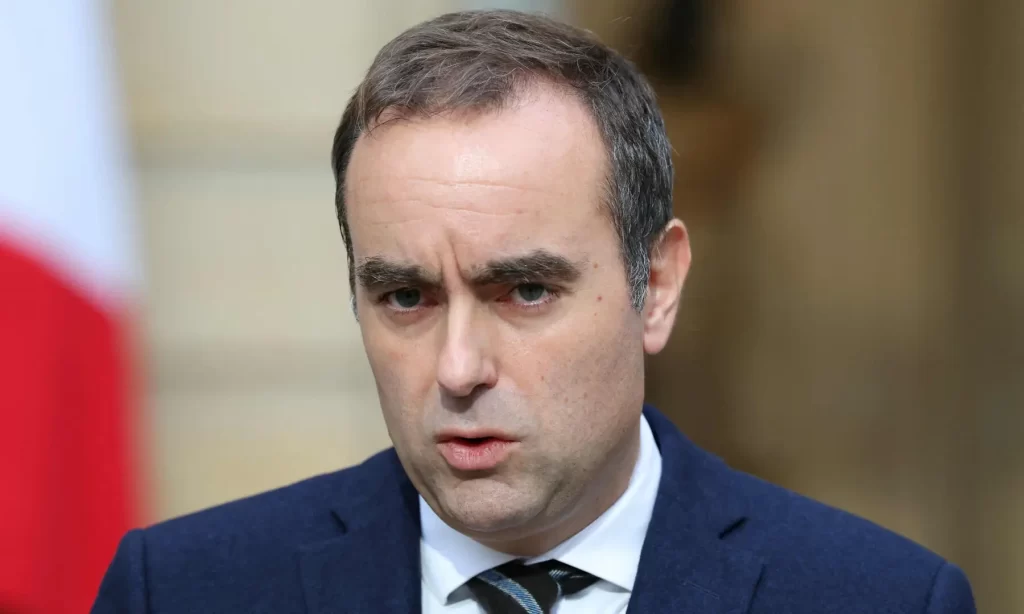PARIS – France’s profound political instability intensified dramatically on Monday as the newly appointed Prime Minister, Sébastien Lecornu, submitted his resignation, barely 14 hours after announcing his cabinet. The unprecedented, swift departure came after both allies and opponents threatened to topple his government, sending immediate ripples through financial markets and driving French stocks and the Euro sharply lower.
Lecornu, a close ally of President Emmanuel Macron, had finalized his ministerial appointments on Sunday after weeks of cross-party consultations, with the first cabinet meeting scheduled for Monday afternoon. However, the new lineup immediately alienated factions across the political spectrum—some deeming it too right-wing, others not sufficiently so—raising immediate doubts about its viability in a deeply fractured parliament.
“Mr. Sébastien Lecornu has submitted the resignation of his Government to the President of the Republic, who has accepted it,” the Elysee’s press office confirmed.
Political Deadlock and Call for Snap Election
French politics has been marred by persistent deadlock since President Macron’s 2022 re-election, owing to the absence of a ruling parliamentary majority. The crisis was deepened by his gamble on a snap parliamentary election last year, which backfired and produced an even more fragmented National Assembly.
Lecornu, Macron’s fifth prime minister in two years, was facing the formidable challenge of securing approval for an impending austerity budget in the divided legislature. His two immediate predecessors, François Bayrou and Michel Barnier, were both ousted in standoffs over spending plans, at a time when France’s public debt has reached a record high.
Following Lecornu’s resignation, the far-right National Rally immediately demanded that President Macron call a fresh parliamentary election. National Rally leader Jordan Bardella stated, “There can be no return to stability without a return to the polls and the dissolution of the National Assembly.”
Economic Fallout and Debt Concerns
The political shockwave was immediately felt in the financial markets. Paris’s benchmark CAC 40 index plummeted 1.5% upon the news, making it the worst-performing index in Europe. Banking shares were hit particularly hard, with BNP Paribas, Société Générale, and Crédit Agricole all dropping between 4% and 5%. The euro also slid 0.7% on the day to $1.1665.
France’s fiscal situation remains precarious; its debt-to-GDP ratio is currently the European Union’s third-highest, trailing only Greece and Italy, and is nearly double the 60% limit set by EU rules. Lecornu had promised lawmakers a vote on the austerity budget, a departure from previous governments that had controversially used a constitutional provision to ram the last three annual budgets through parliament without a vote.
The unprecedented speed of the government’s collapse underscores the severity of the political turmoil facing President Macron as he struggles to govern without a working parliamentary majority.



